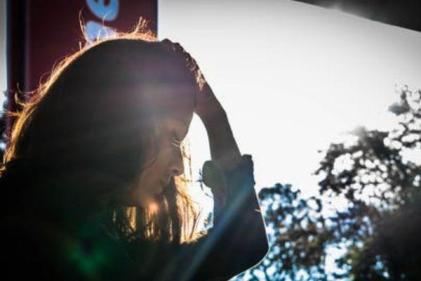A recent study from the University of British Columbia has shown that parents with sleepless babies are more susceptible to parental depression.
Researchers conducted studies of 253 families, with babies aged between six to eight months who have difficulty sleeping.
Parents of the babies with bad sleeping patterns experienced depression and anxiety from lack of rest.
UBC provided the families with sleep treatments for 24 weeks. The treatments greatly helped their sleep, and the severity of their anxiety and depression was reduced significantly.
After the babies’ sleeping improved, about 30 per cent of mums and 20 per cent of fathers noticed an improvement in their symptoms.
The journal BMC Pregnancy Childbirth published the results and gave advice on how to get babies to sleep better. Nurses treated some families from the study, while the remaining families were just given basic safety information. The former showed a significant reduction in parental depression, while parents suffering from pre-existing clinical depression did not take part in the study.
"The situation improved after the intervention, notably the 24-week mark," study author Wendy Hall said in a UBC News article.
"Once the infant sleep problem was treated, parental depression lifted significantly."
She said that researchers already had a good understanding of how poor sleep and parental depression can affect a child's development, but it was less clear how a child's sleep patterns impacted on the parents' wellbeing.
"We know less about how kids' sleep can affect their parents' mental health," she said. "This study is one of the first to look at that connection.We found a correlation between thoughts about their infant's sleep and parental depression, even after making allowances for parental fatigue or poor sleep.
"In other words, parents who worried that they could not manage their children's sleep were more likely to have higher levels of depression. That was true for both mothers and fathers."
She said the results highlighted the importance of providing parents with the support they truly need.
"It tells us that we should listen carefully to parents of young infants, to recognise signs of depression associated with doubts about helping young infants sleep that are beyond parental fatigue and lack of sleep," she said.
"If you can find a way to regulate your child's sleep, your own state of mind and self-confidence get a boost. Talking to a health professional can help."
If you are like these parents, and both you and your little one are suffering from sleepless nights, check out these hacks from a paediatrician and a fellow long-suffering mum.










